Mary Lewis, Amy Lefley, Emily Smith and Christine Ye, all Class of 2026, practice inserting an intravenous catheter.
Physician Assistants to the Fore
Grand Rounds
Aspiring medical practitioners are flocking to Weill Cornell Medicine’s physician assistant program, helping to head off provider shortages and enhance patient care.
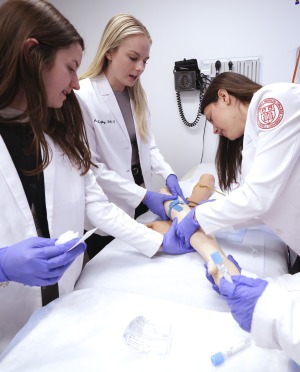
Weill Cornell Medicine recently welcomed its latest class of physician assistant (PA) students. The 34 new enrollees received their short white coats at a mid-January ceremony and officially began their 27-month journey through the Master of Science in Health Sciences for Physician Assistants Program, fast-tracking them for a career in medicine.
“It’s been an awesome experience,” says class member Catherine “Catie” Riley, a native of Massachusetts. “I feel like I’ve already learned so much.”
The new class of ’27 is the first following the program’s move last summer from the Weill Cornell Graduate School of Medical Sciences back into the medical college. This latest evolution of the program, started in 1973, will emphasize the team-based care approach within the clinical learning environment and facilitate PAs’ professional identities. “Transitioning the physician assistant program from the graduate school is an exciting development that allows us to align clinical teaching in the medical school and manage the overall experience of medical and physician assistant students in our ecosystem, from admission to graduation,” says Dr. Joseph Safdieh, the medical college’s new senior associate dean for education.
“I was really intrigued by just the versatility being a PA provides and the accelerated process of going through school. Both of those are pretty big draws for me.”
PAs perform a range of roles in health-care settings, often on the clinical side, but also in research and administration. The concept of PAs arose in the mid-1960s as corpsmen and combat medics returned from military service in the Vietnam War. Rather than having these well-trained care providers go through the multiple years of medical school, programs began to efficiently onboard them (and later, civilians) into the health-care system.
Since then, the integrality of PAs has only grown. According to the U.S. Bureau of Labor Statistics, the PA field is projected to grow nearly 30 percent in the coming decade. That ascendant outlook owes in large part to PAs’ broad training across many specialties, equipping them to contribute to comprehensive team-based care for both routine and complicated cases. Relying more on PAs also lowers health-care costs and helps extend preventive care to underserved communities, particularly rural areas. In these ways and more, PAs are paramount for flexibly addressing the looming problem of physician shortages, which the Association of American Medical Colleges predicts will reach 86,000 in 2036.
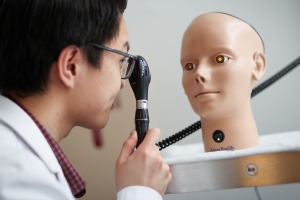
Kevin Lin, Class of 2026, practices an eye examination on a mannequin.
“There are obvious gaps in our health-care system,” says Dr. Kelly E. Ragusa Porta, inaugural associate dean for physician assistant studies and director of the PA program. “And because PAs have the ability to practice in any area of medicine, we are able to pivot to fill some of those roles and deliver safe, effective health care.”
For Riley, specialty latitude and the prospects of joining the medical workforce in just two years sealed the deal on going the PA route. “I was really intrigued by just the versatility being a PA provides and the accelerated process of going through school,” she says. “Both of those are pretty big draws for me.”
Riley’s background working and volunteering at hospitals helped her stand out from the crowded field of 2,000 applicants received annually by Weill Cornell Medicine’s highly competitive PA program. During three preclinical semesters, students spend about 40 hours per week in the classroom.
That intensive didactic period is followed by months of clinical rotations lasting four weeks apiece. Students gain valuable experience across 10 core medical disciplines, including emergency, family, internal, geriatric and pediatric medicine, as well as obstetrics, gynecology and mental and behavioral health. In addition, WCM PA students get to choose electives to further pursue their clinical passion. “If our students are interested in a particular area, they can really home in through electives,” says Dr. Ragusa Porta, who is also an assistant professor of physician assistant studies teaching in medicine.
“Our students train with the best of the best and get superb clinical training.”
The students rotate through Weill Cornell Medicine as well as hospital partner NewYork-Presbyterian and affiliate Memorial Sloan Kettering Cancer Center. “Our students train with the best of the best and get superb clinical training,” Dr. Ragusa Porta adds.
Building on the connections they make during their classwork and rotations, a number of graduates are recruited to stay within the Weill Cornell Medicine system. For instance, recent grad Joe Lalor (M.S. ’23) is a PA in the pediatric intensive care unit at the Weill Cornell Medicine-affiliated NewYork-Presbyterian Komansky Children’s Hospital. He says that working with children and their families has been incredibly rewarding. “Going through the program to me has felt like a launchpad,” says Lalor, a Long Island native.
With great challenges ahead in the nation’s health-care landscape, the surge in PAs offers hope for keeping pace and continuing to deliver quality health care. Says Dr. Ragusa Porta: “We’re proud to be part of educating the next generation of PAs.”
Summer 2025 Front to Back
-
From the Dean
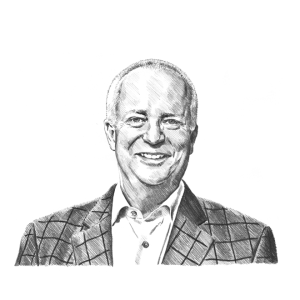
Message from the Dean
In times of uncertainty, the well-being of our patients remains our true north. -
Features

Good Medicine
New research aims to extend the power of existing vaccines — and develop even better ones in the future. -
Features

Labor of Love
Weill Cornell Medicine faculty seek to better integrate family and paid caregivers into the practice of medicine, guided by the knowledge that what’s good for the caregiver is good for the patient. -
Features
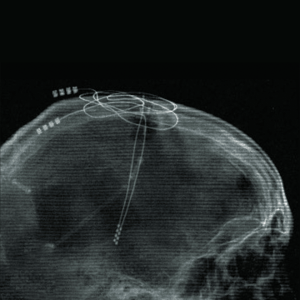
Rewired
Through deep brain stimulation and brain-computer interfaces, neurologist Dr. Nicholas Schiff (M.D. ’92) is pioneering efforts to improve life for patients with traumatic brain injury.
-
Notable
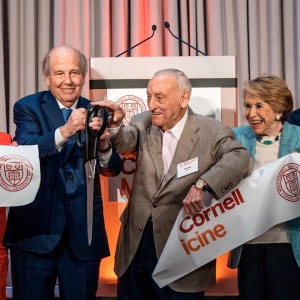
New Student Residence Completed
The new Feil Family and Weill Family Residence Hall offers a thriving environment for aspiring doctors, scientists, and health-care leaders. -
Notable
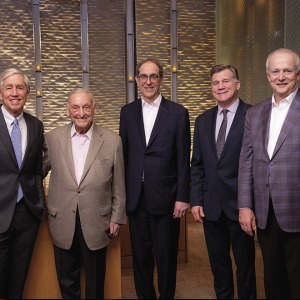
$50 Million Gift for Weill Cancer Hub East
At the Weill Cancer Hub East, experts from four leading research institutions will collaborate on research to understand the relationships between metabolism, nutrition, and cancer. -
Notable
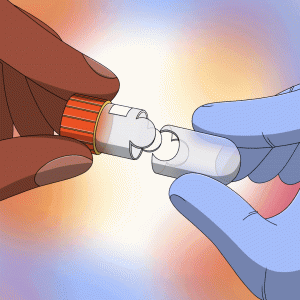
Dateline
Dr. Radhika Sundararajan has developed an intervention to work with traditional healers to address HIV in Uganda. -
Notable

Overheard
Weill Cornell Medicine faculty members are leading the conversation about important health issues across the country and around the world. -
Notable
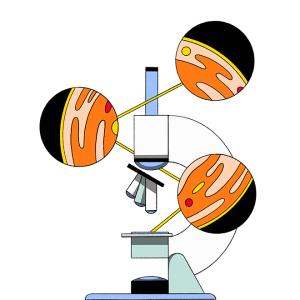
News Briefs
Notable faculty appointments, honors, awards and more — from around campus and beyond. -
Grand Rounds
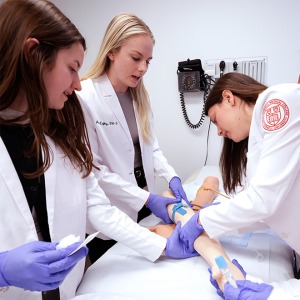
Physician Assistants to the Fore
Aspiring medical practitioners are flocking to Weill Cornell Medicine’s physician assistant program, helping to head off provider shortages and enhance patient care. -
Grand Rounds

Biomedical Entrepreneurial Thinking
The latest cohort of the Accelerating BioVenture Innovation program makes its pitches. -
Grand Rounds
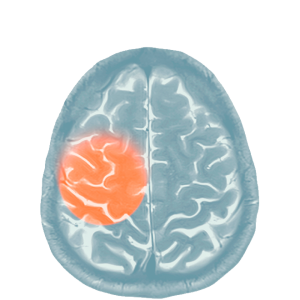
News Briefs
The latest on teaching, learning and patient-centered care. -
Discovery

Benfotiamine Boosts
Decades of work leads to clinical trial for early Alzheimer’s treatment. -
Discovery

Reducing Risk of Opioid Addiction While Alleviating Pain
A new study suggests that increasing the levels of naturally produced endocannabinoids may thwart the highly addictive nature of opioids while maintaining the drugs’ ability to relieve pain. -
Discovery
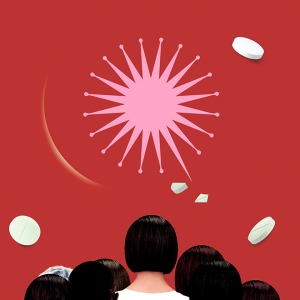
Findings
The latest advances in faculty research, published in the world’s leading journals. -
Alumni
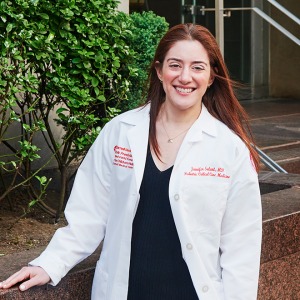
Profiles
From supporting critically ill children and their families to negotiating licensing deals for the world's first COVID-19 vaccine, our alumni are making an impact.
-
Alumni
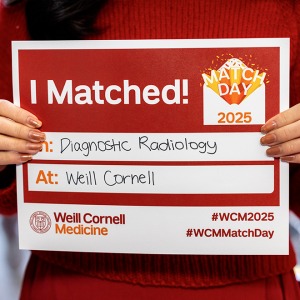
Notes
What’s new with you?
Keep your classmates up to date on all your latest achievements with an Alumni Note.
-
Alumni

In Memoriam
Marking the passing of our faculty and alumni. -
Alumni
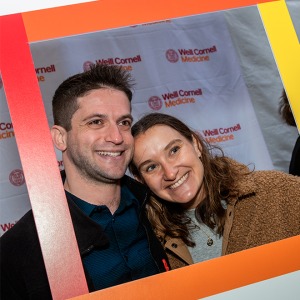
Moments
Marking celebratory events in the lives of our students and alumni, including Match Day and Commencement. -
Second Opinion
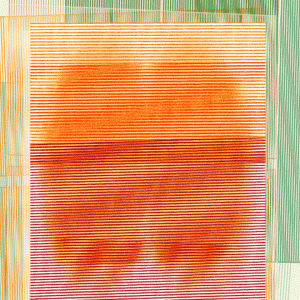
Image Making
How will today’s advances in radiology transform patient care? -
Exchange
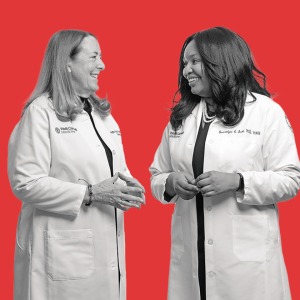
Community Outreach
A physician and a nurse discuss how engagement can transform community health and clinical practice. -
Muse

‘Settled’ by Nature
Dr. Nicole Goulet is a trauma and critical care surgeon who finds inspiration from being a lifelong athlete and outdoor enthusiast. -
Spotlight
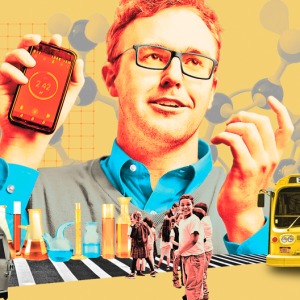
Going Mobile
Dr. Robert Frawley (Ph.D. ’16) brings science to students aboard the BioBus.